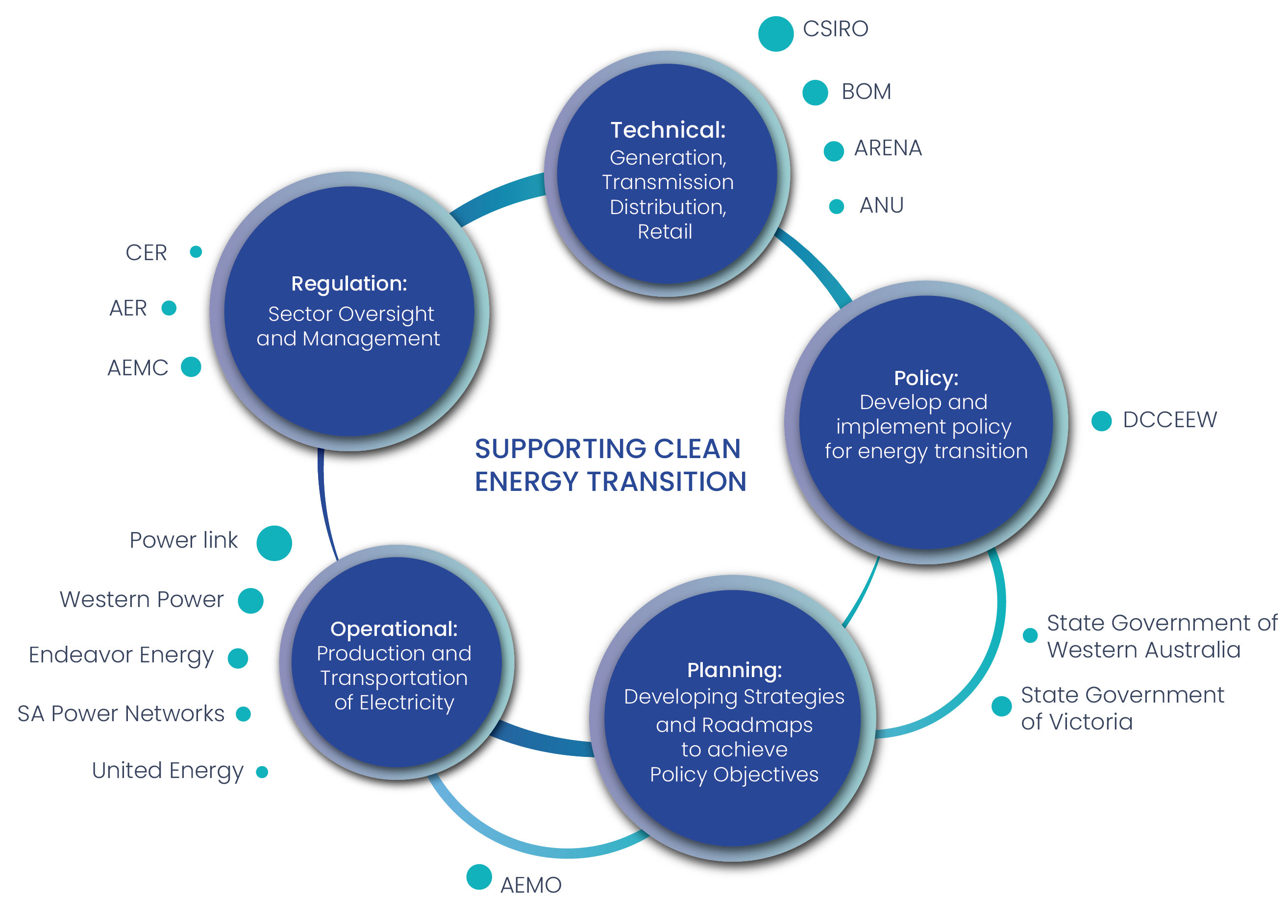Partnering on quality infrastructure development
Launched in 2020, P4I supports partners’ efforts to improve infrastructure policy and regulation, build a pipeline of investable projects, attract quality financing and enhance infrastructure productivity.
P4I does this by providing infrastructure advisory services, facilitating technical knowledge exchanges, building partners’ technical capacity, and supporting government-to-government and other partnerships between Australian and Southeast Asian organisations.
P4I brings together Australian and Southeast Asian government counterparts, independent regulators, utilities and infrastructure operators to share technical and policy advice, and specific infrastructure investments advice. We collaborate with a wide range of other bilateral development partners and multilateral organisations. P4I works with partners across transport, energy, telecommunications, and public investment management.
Its approach is both top-down and bottom-up—supporting broader policy reforms while also addressing investment barriers faced by businesses and investors. By removing bottlenecks and improving infrastructure decision-making, P4I helps unlock new opportunities for investment, innovation, and sustainable growth across the region.
Infrastructure snapshot
P4I has assisted major policy and planning reforms and improved infrastructure investment outcomes in the region, including:

P4I partnered with Austroads to develop Cambodia’s national standards for roads and bridges – to be used across its USD 1.6 billion road infrastructure pipeline.

P4I’s collaboration with Malaysia’s Sarawak Energy is helping reshape its future investment planning involving a potential fourfold increase in its renewable energy capacity.

Thailand’s first large scale procurement of 1,500 EV buses adopted P4I financing recommendations as well as P4I’s gender and accessibility metrics

Indonesia has commissioned a 12-month hydrogen generator trial with an Australian firm as a direct result of a P4I-supported technical exchange with Australia.

P4I’s work with Vietnam enabled the adoption of Vietnam’s new Electricity Law and Power Development Plan VIII, which will unlock 44 gigawatts of new renewables capacity by 2030.
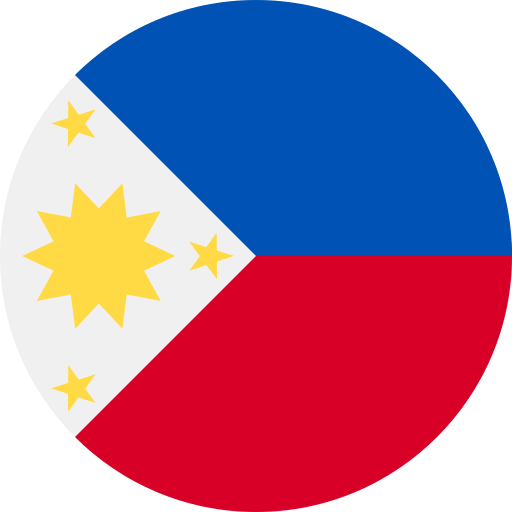
P4I is working with the Philippines’ Public-Private Partnership Center to bring to completion new legislative reforms on public-private partnership deployment and financing approaches. Expanding public-private partnerships is key to addressing the Philippines’ USD 69 billion infrastructure investment gap.
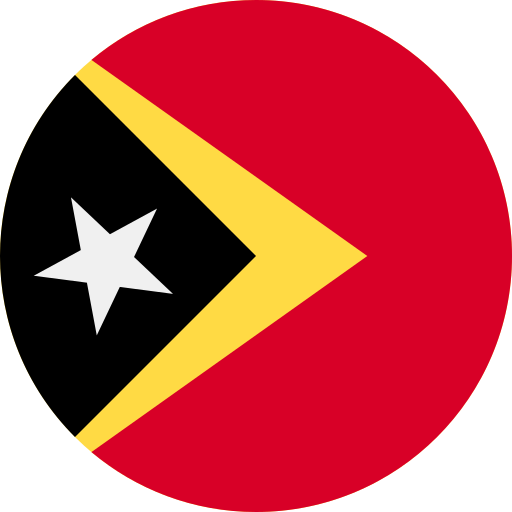
Bringing together Timor-Leste, the Northern Territory Government and Indigenous landholders, P4I is helping Timor-Leste to improve power access in remote communities. Using the Northern Territory model of renewable-powered microgrids will in some cases increase electricity access from 14 hours a day to 24-hour power.

P4I and the Laos Ministry of Public Works and Transport co-developed Laos’ multi-modal transport strategy. This has already unlocked projects worth a combined USD 12.5 million. Work on broader funding and financing reform options is now underway.
Delivering on Australia’s commitment
Australia’s Southeast Asia Regional Development Partnership Plan 2024–2028 commits Australia to sharing its infrastructure know-how and experience to support the region’s efforts to invest in quality, sustainable and inclusive infrastructure.
A continuation of P4I was announced at the ASEAN-Australia Special Summit in March 2024 as recommended in ‘Invested: Australia’s Southeast Asia Economic Strategy to 2040' (Invested). P4I’s priorities are transport, energy, telecommunications and improving the financing of infrastructure investment. P4I’s work is closely aligned with the four categories of action outlined in Invested.
Infrastructure Support

Raising awareness of Australia’s infrastructure experience, expertise and offerings in Southeast Asia; and raising Southeast Asian literacy among Australian government agencies (109 Australian organisations supported to engage in direct technical and policy exchanges with 64 Southeast Asian counterpart organisations)

Building capability on infrastructure policies, practices, processes and systems through technical advice, training, coaching and mentoring, and co-development of procedures, tools and frameworks (over 3,000 Southeast Asian participants in P4I-supported workshops, training and study tours)
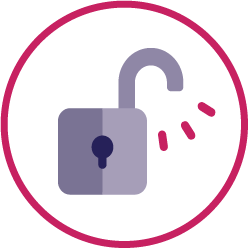
Removing blockages that constrain the development and financing of quality infrastructure – from policy and technical reforms through to financing and procurement strategies and approaches, and project-level support
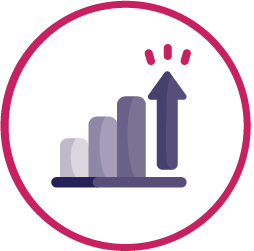
Deepening investment in quality infrastructure in the region – including the mobilisation of greater Australian investment where possible (coordinating closely with the Australian Government’s Investment Deal Teams and Southeast Asia Investment Financing Facility, and with Australia’s blended finance platforms and partners)

